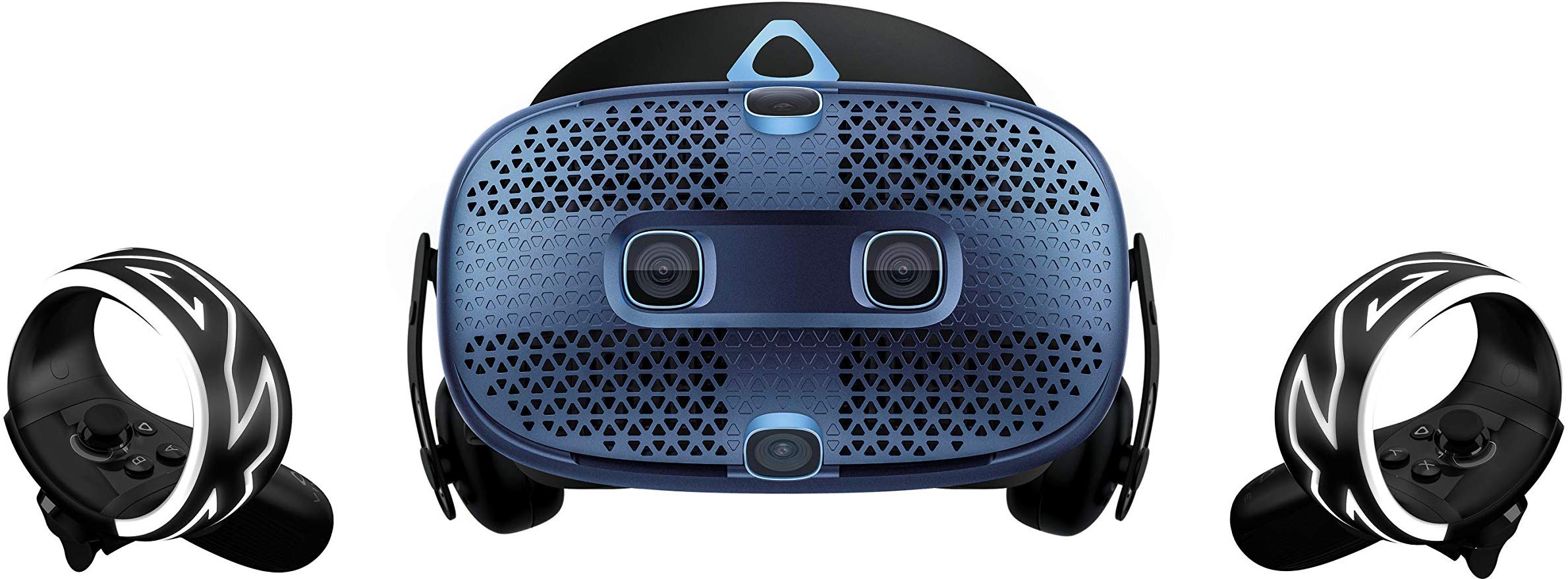Microsoft won't give up on VR, promises to improve hardware
Microsoft will continue to invest in VR despite setbacks

Sign up to receive The Snapshot, a free special dispatch from Laptop Mag, in your inbox.
You are now subscribed
Your newsletter sign-up was successful
Microsoft once sparked a lot of "oohs" and "ahs" with its augmented reality project -- Windows Mixed Reality -- which materializes into visual magic via the HoloLens. But now that the dazzle is wearing off, will Microsoft give up on VR? Not quite, RoadToVR, reports.
Windows Mixed Reality, launched in late 2017 as an extension of Windows 10, transports users into a virtual world. Microsoft convinced six of its major computer partners -- Asus, Acer, Dell, HP, Lenovo and Samsung -- to jump on board by releasing headsets for the platform.
- HTC's Project Proton is a bizarre VR headset that looks like a pair of glasses
- Oculus Rift S review
- Are Microsoft's Mixed Reality Headsets the Affordable Savior of VR?
Only two Windows Mixed Reality headsets -- the Samsung Odyssey+ and HP Reverb -- launched successors since their initial release, while competing VR headset brands have been catching consumers' attention.
Microsoft peaked with 11% of the Steam headset market share in June 2019, but that figure has dropped down to 8% as of January 2020. Microsoft has been losing ground to more popular headsets such as Oculus Rift and HTC Vive.
"There’s a widespread feeling that essential elements of these [Windows Mixed Reality] headsets—the tracking and controllers—are ‘last-gen’ compared to contemporary devices," RoadtoVR said.
Despite some setbacks, Microsoft says that it will continue to invest in Windows VR by improving its hardware.
“We continue to believe that end-users will be interested in taking part in mixed reality through a variety of different entry points along the spectrum, inclusive of virtual reality, augmented reality and everything in between," a Microsoft spokesperson told RoadtoVR.
Sign up to receive The Snapshot, a free special dispatch from Laptop Mag, in your inbox.
The company also mentioned its commitment to the Windows Mixed Reality plugin for SteamVR, which enables users to access Steam content.
Jesse Schell, CEO of Schell Games -- the studio behind popular VR games including I Expect You to Die -- believes Microsoft is waiting for the right moment to dig its fingers deeper into VR.
"My guess is Microsoft feels its HoloLens development already checks the 'VR/AR R&D [research and development]' box for its company, and if it sees the consumer market take off, it can enter late, and still be very successful by leveraging both the Xbox and HoloLens together," Schell told Motley Fool.
RoadtoVR said that Microsoft was tight-lipped about how it plans to improve its augmented reality strategy, so all we can do is wait and see what the tech giant has in store for the future of VR.
Kimberly Gedeon, holding a Master's degree in International Journalism, launched her career as a journalist for MadameNoire's business beat in 2013. She loved translating stuffy stories about the economy, personal finance and investing into digestible, easy-to-understand, entertaining stories for young women of color. During her time on the business beat, she discovered her passion for tech as she dove into articles about tech entrepreneurship, the Consumer Electronics Show (CES) and the latest tablets. After eight years of freelancing, dabbling in a myriad of beats, she's finally found a home at Laptop Mag that accepts her as the crypto-addicted, virtual reality-loving, investing-focused, tech-fascinated nerd she is. Woot!

